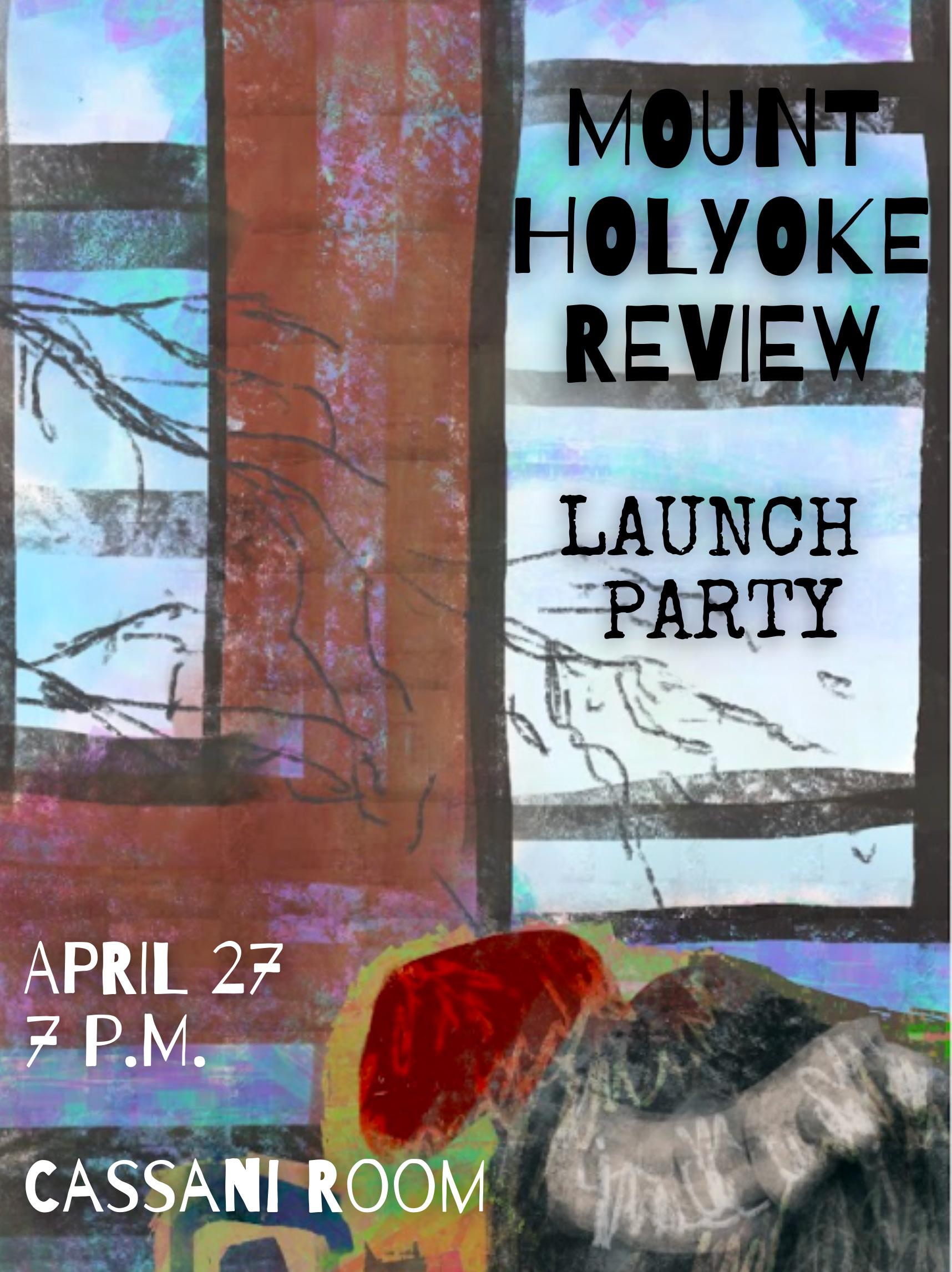
3 minute read
SGA Senate discusses Gloria Anzaldúa LLC and hosts LITS staff, cont’d
u CONTINUED FROM PAGE 1
The second question wondered if there was any sort of textbook and device donation program at MHC. LITS confirmed that there is a used-textbook program, hosted by the First-Generation and Low-Income Partnership and that there had been device recycling programs hosted at MHC in the past. They declared that they would look into if there was one being hosted this year. LITS then confirmed that they occasionally host workshops on research, citation and how to use LITS, but they often went unattended. If interest arose, they would offer more. Addressing the school’s subscriptions to publications, LITS stated that they have over 6,500 subscriptions, many of which contain
College hosts Professor George DeMartino, cont’d
u CONTINUED FROM PAGE 1 course about this subject given that the field doesn’t really exist,” she said.
DeMartino however, acknowledges that “economic harm can never be eliminated.” “It’s a tragedy … It’s something that has to be managed. You can’t get rid of it. You have to manage it,” he said, maintaining that this is the focus of his study and his proposal of de-influence.
“Critique doesn’t come from the left or the right,” DeMartino said. “Instead, … It’s a request to the profession.”
Overall, these types of conversations are valuable to be had, and Zuliy acknowledges that “there should be more events like this because they help students to think more deeply about topics discussed in class and think about how ideas can be applied in real-life situations.” more than one publication. To find the titles, LITS suggested the online Journal Locator, the News Sources Library Guide, Discover! Search or a librarian. One student wanted to know why Adobe access was revoked.
LITS explained that Adobe was available during the pandemic thanks to emergency funding used to finance online learning. Currently, Adobe is available on all campus computers, but expansion beyond this would require a new budget request that would have to be weighed against other college priorities. Another senator asked if there were accessible versions of books available from the library.
LITS replied that there are over one million eBooks that are able to be used with accessibility technology. A final question was asked about the circulation desk — was there any way to put items on hold? In short, LITS said, most circulation items are in high demand and meant for short use. If they allowed students to put items on hold, which can be held for a week at a time, those important items would not be available to people at the moment.
To end their presentation, LITS asked the senate for their opinion on the best way to communicate and interact with students. Most senators agreed that LITS should focus on more social media and creating engaging emails.
After thanking LITS, the senate proceeded to other matters. The winners of last week’s senate elections were announced and are as follows: the new chair of the senate is Julia Madonick ’24, the new chair of halls is Serynn Nowlin ’25 and the new chair of interests is Lillian Wade ’26. Then the senate reported E-Board updates.
This upcoming week, on April 25, is the last senate and the Dining Services town hall. Tiny Business Tuesday is also being held on April 25 on Skinner Green from 11:30 to 1:30. Since the last senate meeting, the potholes around campus have been filled, and there is an update on the Gloria Anzaldúa LLC. The update reports that there is currently work being done on the Rockies, but there is still much to do. However, the LLC has found a new home for the upcoming 2023-2024 school year — Abbey Hall.

Senate then opened the floor to any announcements, questions and concerns. A student representative asked a question pertaining to a recent email to all club E-Boards.
Starting this upcoming school year, all clubs are required to have a staff member as an advisor.
The student wanted to know why and how this was supposed to be implemented, especially since most student organizations have had considerable autonomy up until this point in time. Laura Sattler, the Director of Student Involvement, answered this question by stating that advisors were simply meant to provide a role as a mediator, contact and support — they were not meant to take away student leadership roles. Many student organizations already work with staff, but if they do not, Sattler noted, the Office of Student Involvement is happy to connect them with someone. She also made a point to mention that there is no plan to penalize clubs that cannot find an advisor by the fall semester.










